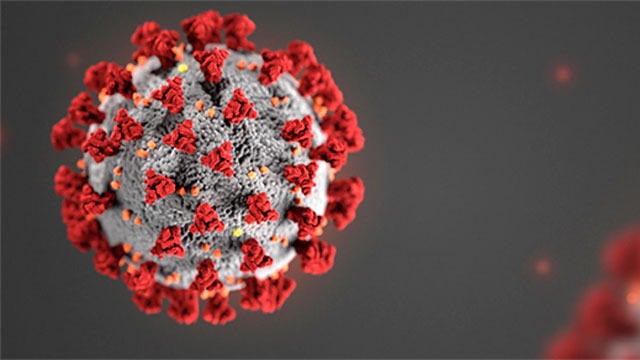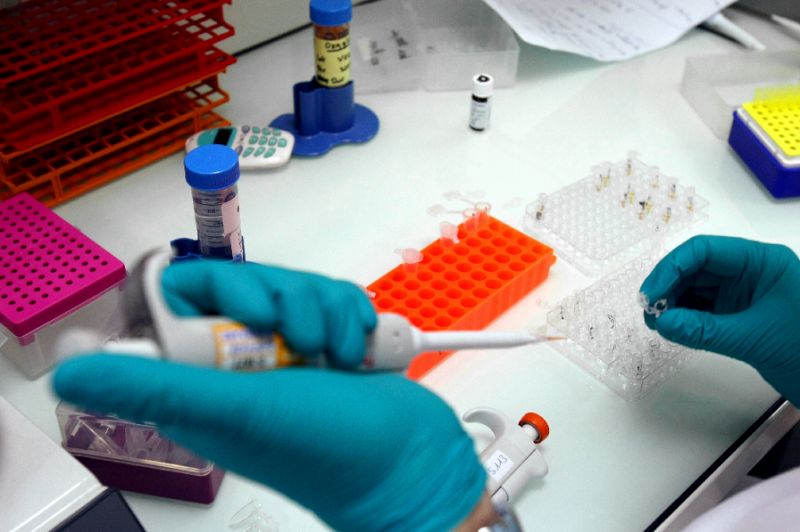HL|New York,
Past studies have already shown that intermittent fasting provides a host of benefits, including lowering the risk of diabetes and heart disease.
Now people who regularly fast are less likely to experience severe complications from COVID-19, according to a new Intermountain Healthcare study published this week in BMJ Nutrition, Prevention & Health.
The study found that people who practice regular water-only intermittent fasting had lower risk of hospitalization or dying due to the virus than patients who did not, said Benjamin Horne, director of cardiovascular and genetic epidemiology at Intermountain Healthcare.
“Intermittent fasting has already shown to lower inflammation and improve cardiovascular health. In this study, we’re finding additional benefits when it comes to battling an infection of COVID-19 in patients who have been fasting for decades,” Horne said in a news release.
In the study, researchers identified more than 200 patients enrolled in a voluntary health registry at Intermountain Healthcare who also tested positive for SARS-CoV-2 between March 2020 and February 2021 — before vaccines were widely available.
Of the 205 who tested positive, 73 who said they fasted regularly once a month had a lower rate of hospitalization or death due to coronavirus. Participants who said they regularly fasted did so for an average of more than 40 years.
“Intermittent fasting was not associated with whether or not someone tested positive for COVID-19, but it was associated with lower severity once patients had tested positive for it,” Horne said.
Many in Utah fast for religious purposes. More than 60% of Utahns are members of The Church of Jesus Christ of Latter-day Saints, whose members typically fast the first Sunday of the month by going without food or drink for two consecutive meals, the news release said.
Horne said more research is needed to understand why intermittent fasting is associated with better COVID-19 outcomes.
Researchers emphasized that intermittent fasting should not be viewed as a substitute for COVID-19 vaccination.
Source:










